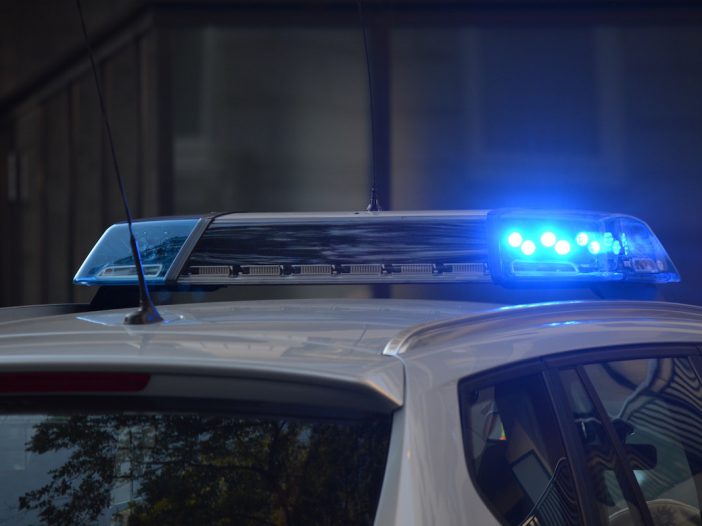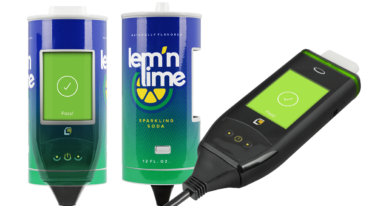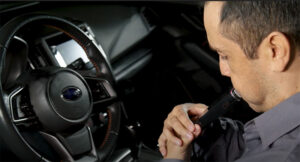
Common Interlock Violation Consequences
Common Interlock Violation Consequences
When you are charged with a DUI, you are liable to suffer a variety of penalties, most commonly a license suspension, fines and court fees, and potentially some jail time. Recently, many states have begun to require offenders to install an ignition interlock device, even for first-time DUI charges.
Ignition interlock devices are designed to prevent you from starting your car when you have a certain amount of alcohol in your system. They have become increasingly effective in preventing drunk driving and ensuring that you and everyone else on the road stay safe.
Unfortunately, some people attempt to circumvent or outsmart their ignition interlock devices, which can become a huge problem and lead to some severe consequence. Read on to learn about some common interlock violation consequences.
Initial Breath Sample
When you first enter your car, you are required to breathe into your ignition interlock device to even start the engine. Interlock devices connect to a car’s ignition system. If the device detects that your blood alcohol concentration is higher than the pre-programmed limit, it will prevent you from starting your car. Interlocks work by interrupting the signal between the starter and the ignition until you provide a valid breath sample. The limit differs based on the case and the state.
Rolling Retests
Along with the initial start-up breath sample, ignition interlock devices will periodically
ask for breath samples while you are driving. This is known as a rolling retest and is designed to prevent someone other than you from providing a breath sample to start the car.
During a rolling retest, if you do not provide a breath sample or if your breath sample exceeds the programmed BAC limit, the device will record the event, warn you, and begin an alarm that is annoying but still in accordance with state regulations (honking your horn and flashing your lights). This alarm will continue until you provide a valid breath sample or turn your car off. Contrary to popular belief, your car will not suddenly turn off if you provide a breath sample that contains alcohol as that would be highly dangerous to you and others on the road.
Common Interlock Device Violations
While there are a lot of ways you can tamper with an ignition interlock device, the three most common include:
- Trying to disable or bypass an interlock or its components that connect to your car’s ignition
- Having another person blow into your ignition interlock for you
- Driving a car without an interlock installed
Other ignition interlock violations are more clerical, like not getting your interlock installed by the date set by the court or forgetting to get your interlock routinely calibrated, usually once a month.
Calibration ensures accurate results with every breath sample while also giving the authorities a look at your usage records. Ignition interlocks keep a record of all activities on the device as well your car’s electrical system.
This log can show when you used the interlock and any times when you either failed to provide a sample or provided a sample wherein your BAC was above the set limit. Authorities may request these logs and may implement more penalties if necessary.
Interlock Violation Consequences
The consequences themselves can vary from state to state. Generally, if you are found to be tampering with your ignition interlock device in any way, you may suffer an extended license suspension period or have your license revoked completely, depending on the severity of your violation.
For example, in California, if you do not comply with an IID installation, your vehicle may be impounded and you will receive further charges for driving on a suspended or revoked license. Along with further penalties, you ignition interlock period will not officially start until you can file proof of installation.
On the other hand, for example, Interlock violation consequences in Virginia may include:
- Revocation of a driver’s restricted license (if you fail to install the device in time or fail to get your device calibrated)
- A charge of driving on a revoked license (if your device detects a BAC over 0.02)
- Jail and fines (if you try to tamper with the device itself)
Ignition interlock devices may seem like a bother, but they allow you to drive safely. A restricted license with an IID is better than not being able to drive at all. As long as you don’t drink and drive and don’t tamper with your IID, you shouldn’t have to deal with any violations to begin with.


